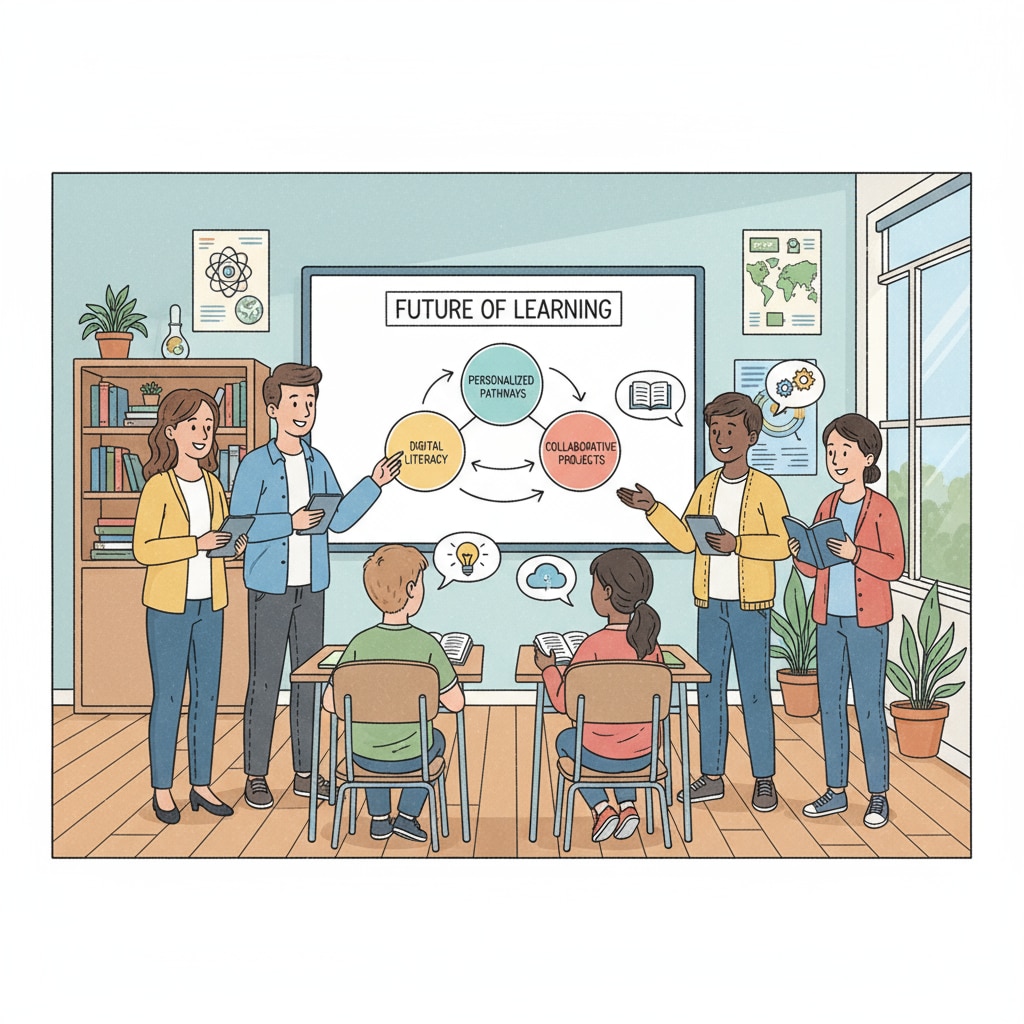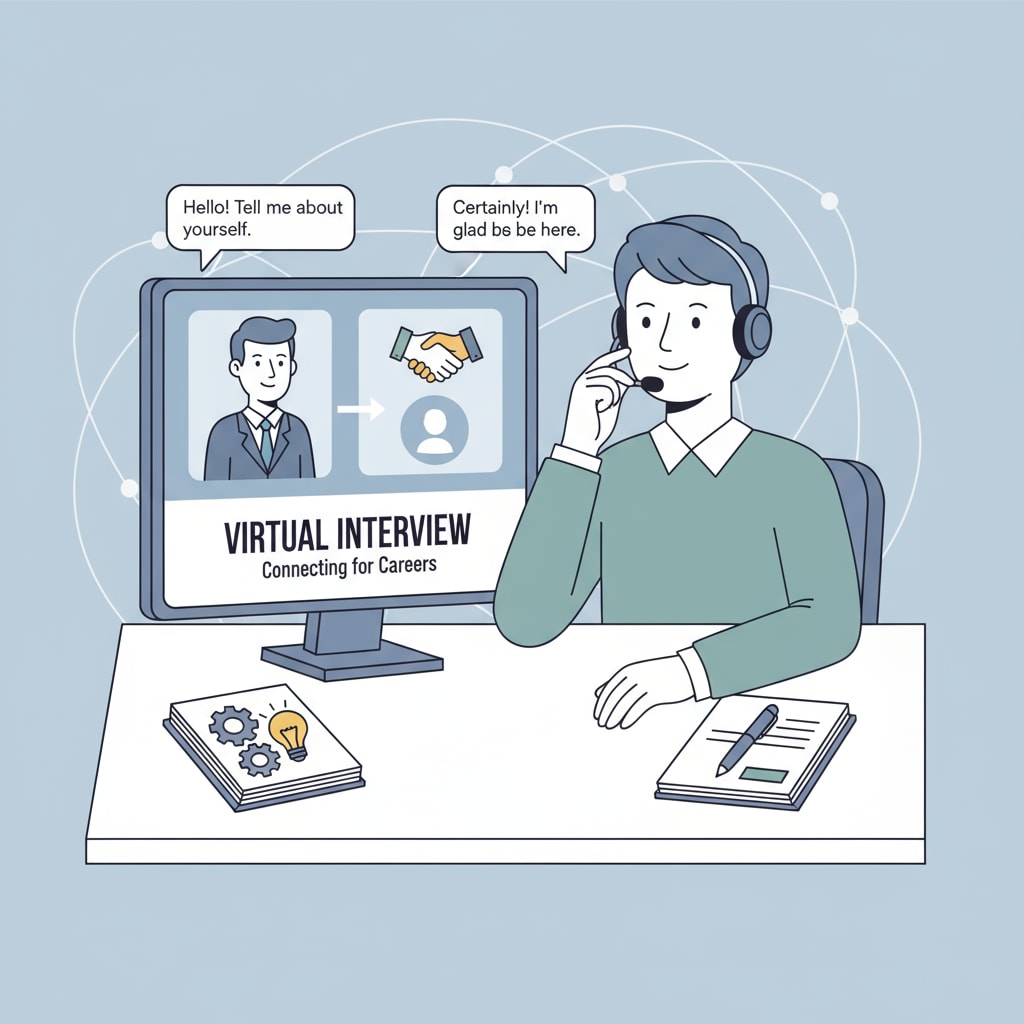The Urban Education Research Project at Hunter College is currently looking for teachers, parents, students, and administrators from the New York City Department of Education (NYC DOE) to participate in brief virtual interviews. This is a significant opportunity within the realm of urban education, allowing for in – depth exploration through virtual interviews.

The Purpose of the Research
The main goal of this project is to gain a comprehensive and accurate understanding of the real – life situation within New York’s education system. By gathering insights from those directly involved – teachers who are on the frontlines of instruction, parents who have a vested interest in their children’s education, students who are the recipients of that education, and administrators who manage the educational institutions – the researchers hope to uncover the strengths, weaknesses, opportunities, and challenges that exist. This kind of research is crucial as it can serve as a foundation for evidence – based educational policies and improvements. For example, similar research in the past has led to significant changes in curriculum design in many urban areas. Education research on Wikipedia
The Interview Process
The interviews will be virtual, making it convenient for participants across the city to take part. They will be relatively short, respecting the busy schedules of teachers, parents, students, and administrators. During the interviews, participants will be asked a series of open – ended questions designed to draw out their unique experiences, perspectives, and ideas. These questions may cover various aspects such as teaching methods, student engagement, parent – school communication, and administrative decision – making. The researchers will record the interviews to ensure that all valuable information is captured accurately. Educational assessment on Britannica

Participating in these interviews is not only a chance to contribute to the betterment of New York’s education system but also an opportunity for individuals to have their voices heard. Teachers can share their innovative teaching strategies that have proven successful in the classroom, or the challenges they face in implementing new educational technologies. Parents can express their concerns about their children’s education, such as issues related to extracurricular activities or the quality of special education services. Students can provide insights into what they enjoy or dislike about their learning experiences, and administrators can discuss the difficulties and triumphs in managing large – scale educational institutions.
Readability guidance: As seen above, we use short paragraphs to present clear ideas. Each H2 section has related content presented in a straightforward manner. We’ve also incorporated external links to reliable sources to enhance the credibility of the information. Transition words like ‘for example’ are used to connect ideas smoothly.


